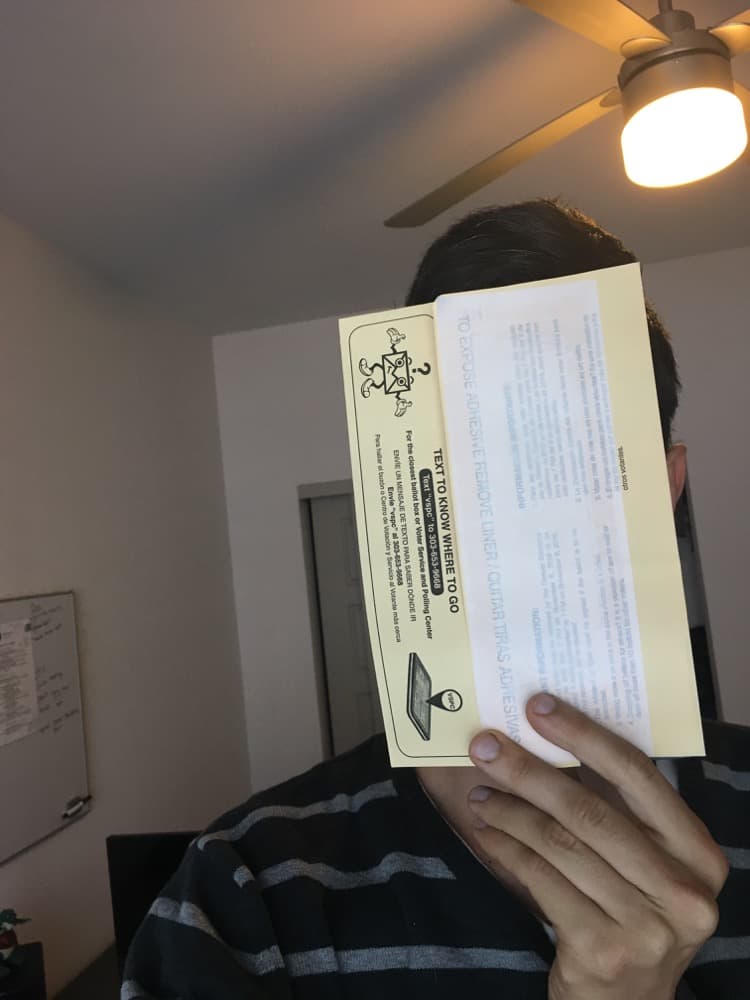Colorado could become the latest state to allow ballot selfies, which have grown popular on social media but raised questions about whether the photos break the law or are a matter of free speech.
A federal judge in Denver is scheduled to hear arguments Wednesday challenging Colorado's misdemeanor crime of disseminating a completed ballot. The law is not enforced but technically bans excited voters from taking pictures with their own ballots.
Federal judges have struck down bans on selfies in at least two states, and rules have changed in others.
But in Colorado and many other states, taking a picture of your ballot still carries potential fines or jail time. Recently filed lawsuits also are challenging the bans in California and New York.
There are laws against sharing any photo of your ballot in 18 states, while six others bar photography in polling places but do allow photos of mail-in ballots, according to a review by The Associated Press.
Critics say such regulations have not kept up with technology and are confusing for voters and election workers. Some states that ban ballot selfies or have moved to block them cite concerns the photos could harm the integrity of the voting process by encouraging vote-buying or coercion, though some acknowledge there's no evidence to support those fears.
Colorado's law was enacted more than a century ago to prevent vote-buying. State election officials say they don't know of any cases where people have been charged with the crime of disseminating a completed ballot.
But Secretary of State Wayne Williams said the ban is important and ballot privacy should be maintained.
A Republican state senator and a Democratic student at the University of Denver are among the voters challenging Colorado's ban.














